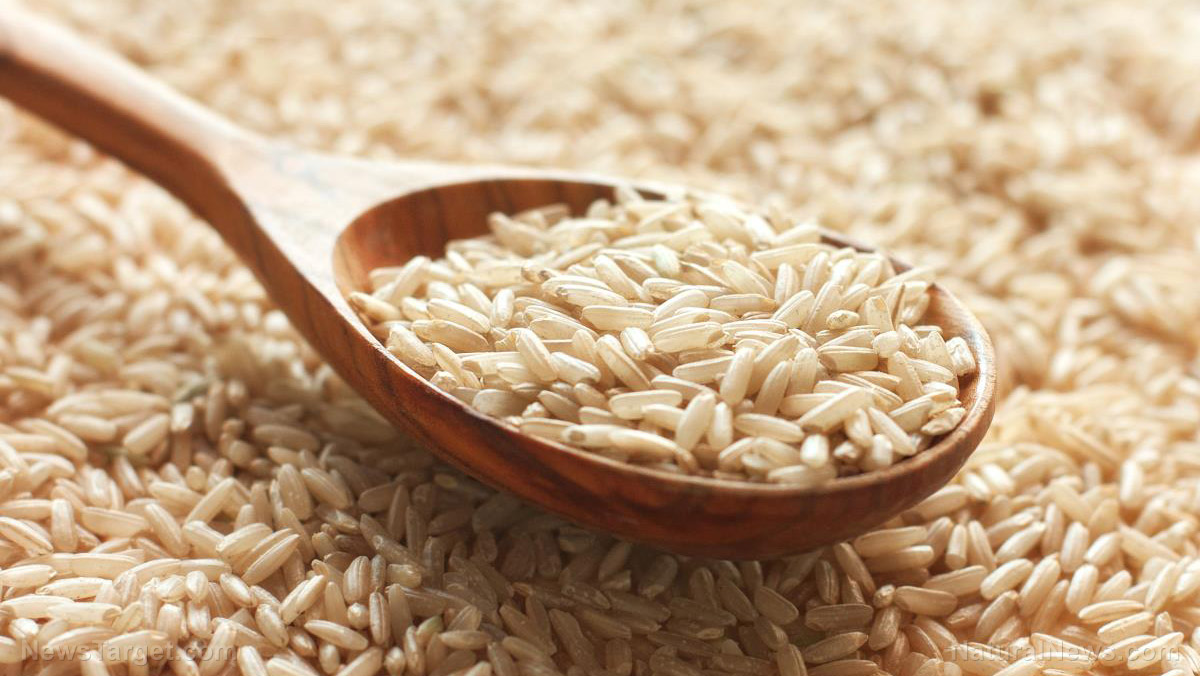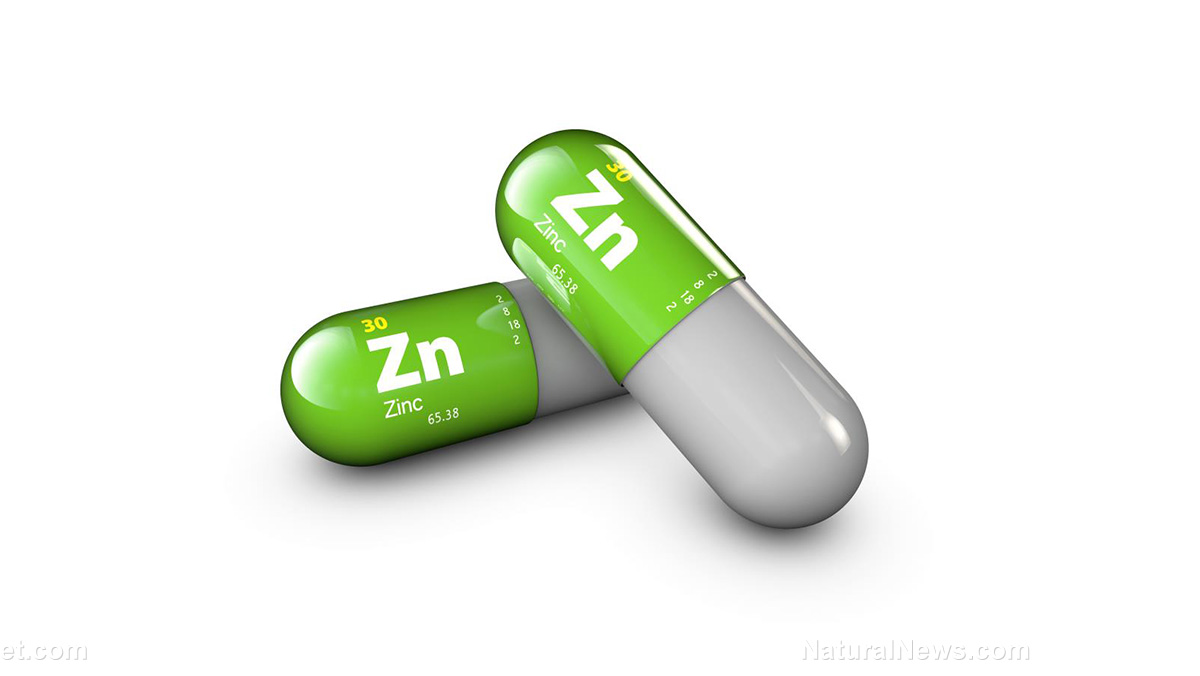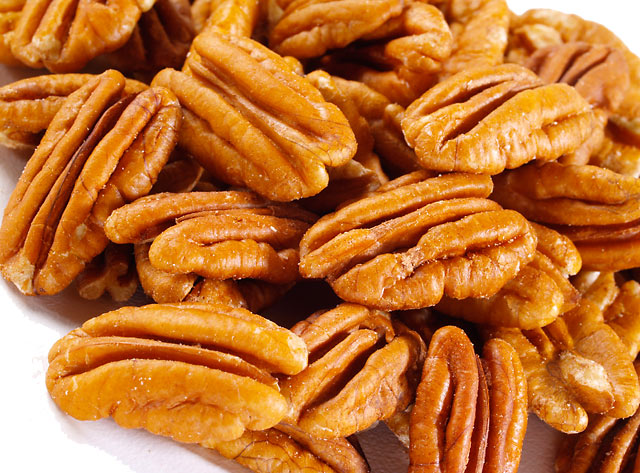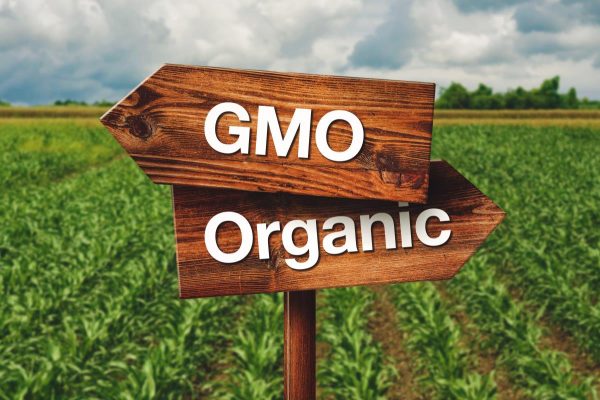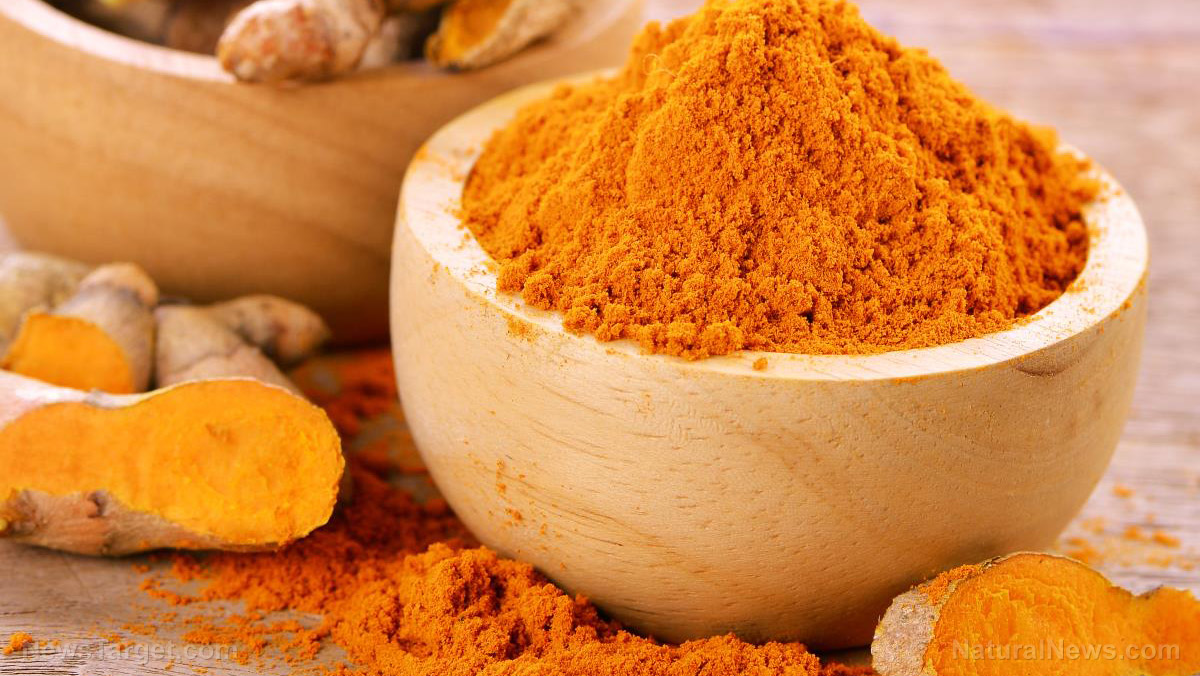Researchers have found that antioxidant and amino acid supplementation can treat psychosis. The article, published in the journal Early Intervention in Psychiatry, also indicated that these nutrient-based compounds could be used as an adjunctive treatment in first episode psychosis by reducing its symptoms.
In a systematic review, researchers at Western Syndey University’s National Institute of Complementary Medicine (NICM) Health Research Institute assessed 11 studies to determine whether there is “real evidence” behind the claim that nutrients can actually help young people with psychosis. The researchers discovered that certain nutrient supplements, together with standard treatment for psychosis, enhanced the mental health of the participants more than standard treatment alone. They also reported that nutritional deficiencies are recognized as a risk factor for different psychiatric disorders as patients with schizophrenia have low-quality diets in general.
The team also looked into past studies on certain food-derived nutrients and effects on psychosis conditions. The results of a double-blind randomized controlled trial in 2008 suggested that 2,000 mg of the amino acid N-acetylcysteine (NAC) significantly improved the negative symptoms in patients with an established illness.
Meanwhile, another trial found that taking in four grams of the amino acid taurine every day lessened psychotic symptoms within 12 weeks. In 2017, a trial aimed to assess the potential benefits of a 15-mg supplement of vitamin B9 in treating schizophrenia found that it reduced side effects, as well as improved brain structure and connectivity, after 12 weeks of treatment.
In the current study, the researchers noted that studies on the effects of nutrient-based treatments have been studied extensively in long-term schizophrenia. However, no systematic evaluation trials in first-episode psychosis (FEP) has been conducted.
“Across the 11 studies that were identified, there are some encouraging findings for certain nutrient‐based adjunctive treatments in FEP,” the researchers said.
After reviewing six studies that evaluated the link between PUFA consumption and brain health, researchers found conflicting evidence supporting the supplementation of omega-3, the most commonly used nutrient to treat FEP. They also found in other trials evidence supporting the benefits of dietary antioxidants NAC and vitamin C for individuals with high levels of oxidative stress, although these need further large-scale studies. Moreover, taurine was revealed to significantly improve psychotic symptoms and depression, although it had no significant effect on cognition. Likewise, antioxidant vitamins C and E supplementation did not cause any side effects. (Related: Are you feeding your brain the right nutrients? Folate, vitamins B12, C, E, and D are crucial for mental health.)
Five foods that help improve mental health
It’s true that having a healthy diet improves heart health and reduces the risk of chronic diseases, such as diabetes, high blood pressure, and certain cancers. Nonetheless, a few simple healthy dietary changes may improve cognitive function and reduce symptoms of anxiety, depression, and other mental health disorders. In fact, one of the best ways to improve your mental health is through your gut. Similar to the brain. The gut has its own nervous system which sends information to the brain through the vagus nerve. Here are five foods that help improve your mental health:
- Fatty fish – Studies have shown that foods rich in omega-3 fatty acids, such as salmon, herring, sardines, and mackerel, can reduce symptoms of schizophrenia, depression, and other mental disorders.
- Whole grains – Whole grains contain complex carbohydrates, which provide a steady source of brain fuel.
- Lean protein – Lean protein contains tryptophan which affects mood by producing serotonin.
- Leafy greens – Leafy green vegetables like spinach, romaine, turnip, and broccoli are high in folic acid. Folate deficiency has been linked to higher rates of depression, fatigue, and insomnia.
- Fermented foods – Fermented foods like yogurt, kefir, kimchi, tempeh, and certain pickled vegetables contain probiotics that can reduce anxiety and stress hormones.
Read more news stories and studies on health supplements by going to SupplementsReport.com.
Sources include:
NutraIngredients-USA.com
PsychologyToday.com


